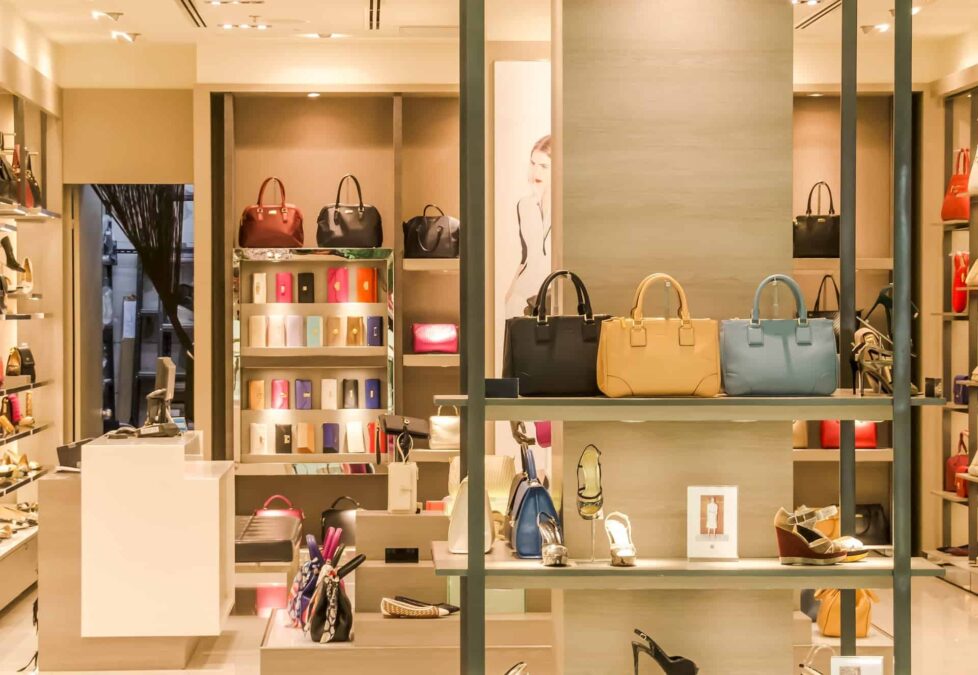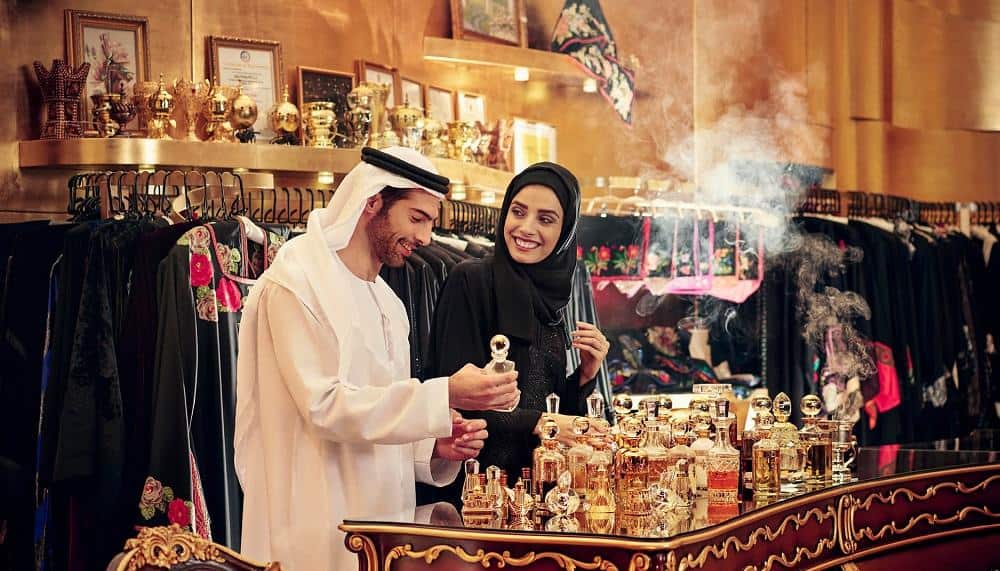Dubai, UAE – The luxury goods market in the GCC countries is experiencing significant recovery and prosperity, making it an attractive target for investment or acquisition.
The influence of social media platforms and the ease of purchasing online have contributed to an increase in demand for these goods, including jewelry, expensive watches, perfumes, eyeglasses, fashion, and bags emblazoned with the logos of most well-known international brands.
What distinguishes this market in the Gulf countries is the fierce competition among the region’s major international companies in terms of offers, marketing, and business expansion, particularly given the importance of e-commerce in overall growth.
Expected growth
The Gulf countries’ luxury goods market was worth US$ 10.52 bin in 2023, with long-term growth expected.
Mordor Intelligence, a global agency that tracks real estate markets and industrial sectors, predicted a compound annual growth rate of 5.42% until 2028, bringing the market size to US$13.70 bn.
In its report covering expectations for the years 2024-2028, the agency explained that the reasons for the expected growth are the rise in disposable income, the growing population of the millennial generation, the rise in tourism, and the penetration of players in the region’s international markets.
Qatar
The Qatari government is very interested in the luxury goods market, so it launched the luxury brand “QELA” in 2013, the first international Qatari fashion brand. It continues to work on its development because it is regarded as a luxury fashion hub and an emerging market for luxury goods, including luxury brands. It is a well-known business with a large and affluent customer base.
According to Mordor Intelligence, the luxury products market in Qatar is somewhat fragmented, with many small local players associated with luxury retailers in various sectors such as fashion, jewelry, and other accessories such as eyewear and leather goods, accounting for a sizable market share.
The agency revealed that the country’s wealthy consumer base has attracted many luxury retailers, while many international and regional retailers, such as Chanel, Rolex, Giorgio Armani, and others, are consolidating and expanding their presence.
The agency also predicted that the Qatari luxury goods market will grow at a compound annual rate of 2.55% between 2024 and 2029.
Saudi Arabia
The year 2017 marks the beginning of the recovery of the Kingdom’s luxury goods market, which leads the Middle East region in the sale of Swiss watches, with Riyadh ranking among the world’s most important cities for international luxury watch sales.

According to Rashid Muhammad Al-Ali Al-Abdul Latif, one of the largest investors in the watch industry, the Kingdom’s luxury watch market will grow by 10% this year compared to last year.
Al-Abdullatif stated recently that the global luxury watch market will be worth US$ 42.21 bn in 2022, with the Saudi market exceeding US$ 266 million.
According to a previous OceanX report, the Kingdom’s luxury goods market is expected to grow at a 4% annual rate until 2027, with revenue coming from five major segments: leather goods, designer eyewear, watches and fine jewelry, high fashion, cosmetics, and fragrance.
UAE
The UAE’s tourism boom is boosting the luxury goods market, as it is one of the world’s most visited countries. The country is a strong economic market, and major brands frequently launch their products there before they do elsewhere.
According to data released by Artesian Luxury Travel in November 2023, Dubai is one of the top ten cities for luxury shopping.
Mordor Intelligence estimates that the market will be worth US$ 4.19 bn in 2024 and US$ 5.39 bn by 2029, growing at a CAGR of 5.20%.
Kuwait
Kuwaiti citizens are interested in purchasing luxury items, as evidenced by the amount spent on clothes, bags, perfumes, and precious watches during the first quarter of 2023.
According to government statistics, US$ 980 mn in spending was recorded in the first three months of last year alone, indicating a major consumer trend and economic well-being.
Bahrain
Bahrainis also want to purchase luxury items such as jewelry, gemstones, watches, clothing, and perfumes. As a result, in June, WorkSmart Event Management will host “Luxury Deals”, the country’s first event of its kind, which will offer luxury products at discounted prices.
Visitors will be able to purchase the most luxurious goods at reduced prices. At the same time, exhibitors will benefit from a variety of advantages, including the opportunity to showcase products at competitive prices to a large audience, network with leading luxury industry leaders, increase sales, and raise brand visibility in this competitive industry through exceptional offers.








